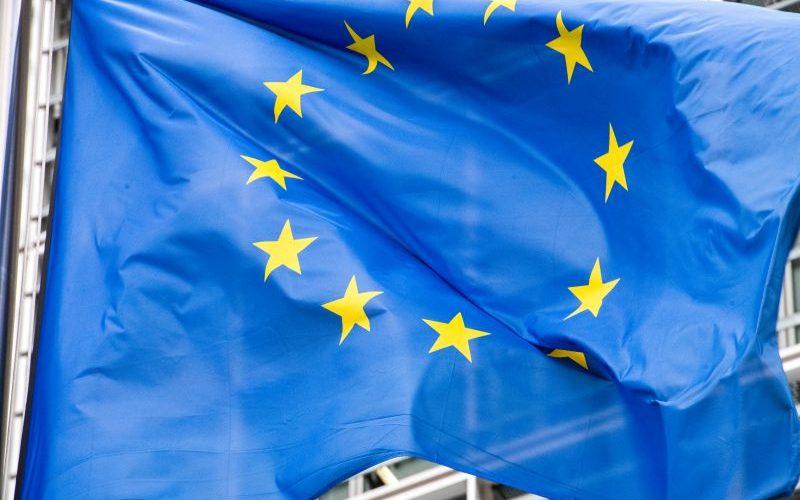The European Court of Human Rights (ECtHR) has issued a landmark ruling, declaring that failure to address environmental pollution constitutes a violation of the right to life. The court found that governments must inform citizens living in pollution-affected areas, allowing them to assess risks to their health and well-being.
The case was brought by Italian citizens affected by hazardous emissions and widespread illegal waste dumping and burning in Campania. The pollution crisis has had severe public health consequences, and the court determined that the Italian government’s failure to intervene effectively, despite the pollution being caused by private actors, breached human rights law.
The ruling is expected to set a precedent for environmental cases across Europe, reinforcing government accountability in pollution control.
ClientEarth fundamental rights lawyer Malgorzata Kwiedacz-Palosz hailed the decision as a crucial step in linking environmental protection to human rights.
“This ruling confirms that human rights depend on access to clean air, water, and soil. Governments have an obligation to shield citizens from environmental hazards, no matter their source. The court has now explicitly recognised that pollution can directly threaten the right to life, meaning states will face greater scrutiny and stricter enforcement obligations,” she said.
Leading epidemiologist Dr Fabrizio Bianchi, who submitted expert testimony, stressed the severe health risks linked to pollution in Campania, where nearly three million residents have been exposed to toxic air since the 1980s.
“The health impacts are undeniable—higher rates of cancer, cardiovascular disease, and respiratory illnesses. Authorities must implement immediate clean-up measures and long-term monitoring to protect public health,” he stated.
This ruling strengthens environmental case law within the European Court of Human Rights, setting a binding precedent for future litigation.
In a separate legal challenge in Italy, ClientEarth is supporting a mother’s case advocating for her son’s right to breathe clean air, citing Article 2 of the European Convention on Human Rights —the same provision that underpinned the ECtHR’s latest decision.
Legal experts from Torino Respira, a group supporting the case in Italy, welcomed the ruling: “This judgment reinforces our argument that failing to keep air pollution within legal limits violates a child’s fundamental right to life and health. It sets an authoritative precedent for human rights protections against environmental harm.”
With growing global recognition of environmental degradation as a human rights issue, this ruling is expected to reshape legal approaches to pollution-related cases, compelling governments to act decisively against environmental threats.


















